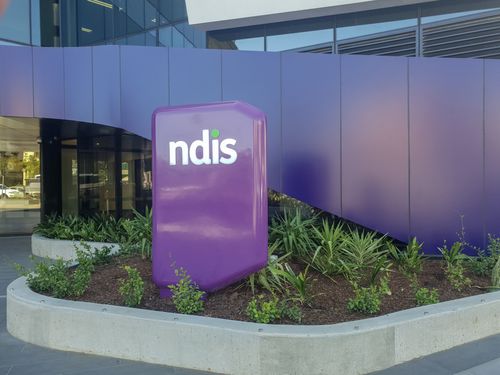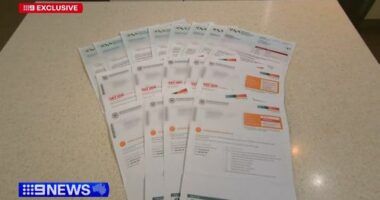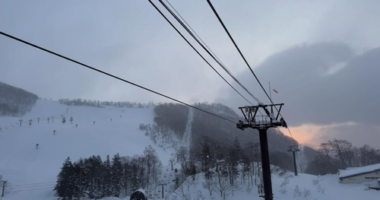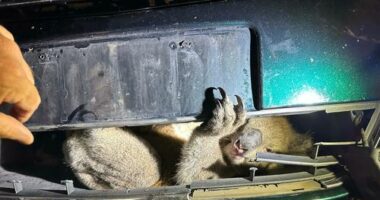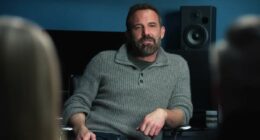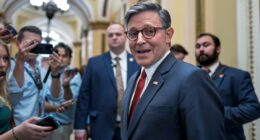Share this @internewscast.com
Millions of Australian parents are now scrambling to find out how the move to scale back young people with autism on the NDIS could impact their children.
The exact government definition of “mild to moderate” autism and learning difficulties remains unclear.

The NDIS graded children under seven on the autism spectrum as between level 1 and level 4 in a 2021 consultation report.
The changes are a little under two years away and the federal government is still hashing out the details.
Butler described the NDIS as “not the right fit” for many children with an autism diagnosis.
He said impacted children won’t be taken of the NDIS right away and assured parents it won’t be an immediate transition.
“I get that parents are feeling unsure after the announcement I made and I want to reassure them that we’re not going to leave them high and dry,” Butler told Today.
“I’m going to make sure that that everyone who is on the NDIS now remains on it, but over the next couple of years we will introduce a new scheme for thriving kids that will support those those kids coming those ages and their parents way that, frankly, they should be.”
How the government will distinguish mild to moderate against severe autism will be a “clinical” issue, Butler said.
It was confirmed children with autism who will still need the NDIS will be considered on a case-by-case basis.
“There’s no there’s no debate that there will be some people for whom autism is permanent, and of course, they will be on the NDIS as they should be,” Butler said.

Greens Senator Jordan Steele-John accused the federal government of using children with autism as a “political football” and said people living with autism don’t “grow out” of it.
“Autism is lifelong. There is no growing out of it,” he said.
“The minister’s suggestion otherwise denies reality and risks stripping people of the supports they need to thrive.”
Founder of Macquarie Health Collective Tanya Forster said the NDIS change could see more children “fall through the cracks”.
“This announcement has created unnecessary uncertainty and anxiety for families across the country,” Forster said.
“I appreciate that the NDIS system is incredibly costly but the focus should be on stamping out fraudulent behaviour, not removing vulnerable children from a program because the government needs to reduce spending.
“We regularly see these children struggle with fine or gross motor skills, sensory difficulties, language or social communication concerns, as well as difficulties with anxiety and emotion regulation â these children need access to the services provided under the NDIS.”
Butler yesterday claimed one out of every 10 six-year-olds are on the NDIS in Australia.
Forster said the federal government should examine why there are soaring cases of developmental vulnerability among kindergartners as a priority.

Shadow Health and Aged Care Minister Anne Ruston said the NDIS changes should be guided by clinical advice.
Ruston said the Coalition was concerned about Australians in regional and rural areas who already struggle to access NDIS services.
“We remain committed to working in good faith with people living with disability, scheme participants, their families, and support and health providers to ensure the NDIS is sustainable and true to its purpose into the future,” a Coalition spokesperson said.
How does the NDIS support children with autism?
The average NDIS participant with autism receives $32,800 in annualised NDIS funding.
Individual NDIS funding for people with autism varies and is modelled against support needs and progress goals.
“Claims of the NDIA clawing back support outlays for developmental/autism conditions, particularly in children, are not correct,” the NDIS said in a statement on its website in 2019.
What is Thriving Kids?
Butler said children with “mild to moderate” autism would be diverted to a new scheme called Thriving Kids by July 2027.
The initial investment for Thriving Kids will be $2 billion dollars.
The transition will take place once Thriving Kids is fully operational.
Thriving Kids has been described as “tailored supports for children with mild to moderate developmental delays and autism designed to support families to access the right help at the right time”.
